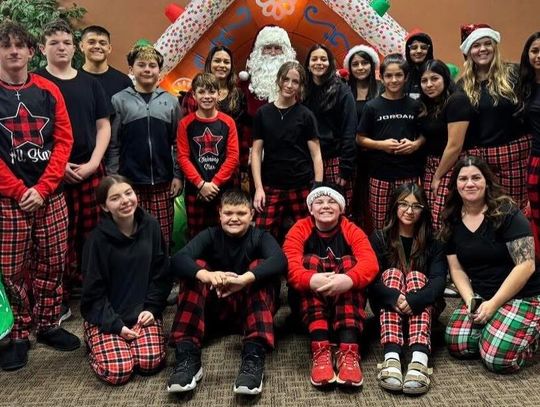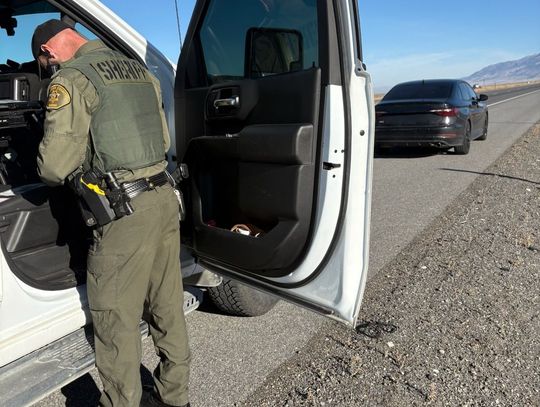As the federal government shutdown continues, thousands of Nevada families who depend on
federal nutrition programs are feeling the strain of uncertainty. Governor Joe Lombardo’s office
released information on Oct. 27 stating that his office and multiple state agencies have moved to
protect access to food benefits for women, children, and low-income households.
Nevada’s Women, Infants, and Children (WIC) Program serves more than 55,000 participants
statewide, including pregnant women, new mothers, and young children. Lombardo is working
with the Division of Public and Behavioral Health and the Nevada Office of Emergency
Management. The governor requested $7.3 million in emergency funding to keep WIC benefits
flowing through Dec. 23, 2025.
The Nevada Board of Examiners approved the funding on Oct. 14, followed by the Interim
Finance Committee (IFC) on Oct. 16. These funds will be distributed weekly and used only if the
U.S. Department of Agriculture (USDA) does not provide additional WIC support. State officials
described the move as a proactive step to prevent service disruption and reaffirm Nevada’s
commitment to public health.
The funding situation for those relying on the Supplemental Nutrition Assistance Program
(SNAP) differs from that of those receiving WIC benefits. Nearly half a million Nevadans
depend on SNAP benefits. The program distributes roughly $90 million in federal dollars each
month to help households purchase food, and those funds cannot be replaced at the state level.
“SNAP is 100% federally funded,” the governor stated. “The State does not have this amount of
funding available in emergency accounts or the contingency fund.” Even if the Legislature were
to meet in a special session to allocate temporary funding, USDA regulations prevent states from
directly financing SNAP benefits.
On Oct. 24, Governor Lombardo responded to Congressman Steven Horsford (NV-04),
Congresswoman Dina Titus (NV-01), and Congresswoman Susie Lee (NV-03) regarding their
suggestion that Nevada use state funds to temporarily support the Supplemental Nutrition
Assistance Program (SNAP) during the ongoing federal government shutdown. “We are doing
everything within our authority to support Nevadans who are being hurt by the federal funding
stalemate in Congress …,” Lombardo wrote. “I implore each of you to join in bipartisan efforts
to reopen the federal government.”
As the federal shutdown has now extended beyond Oct. 31, officials warn there will not be
sufficient federal funding to cover November SNAP payments. The Department of Social
Services (DSS) is monitoring the situation closely and will follow federal guidance once the
government reopens.
Recognizing the potential hardship for SNAP households, Governor Lombardo has directed state
agencies to implement a coordinated response known as the Food Insecurity Nevada Plan. The
initiative will secure supplemental food resources for families in need, using state funds to bridge
gaps and provide emergency assistance.
Under the plan, the Governor’s Office of Finance, the Department of Human Services, and the
Department of Agriculture will work together to distribute food to those affected by the
shutdown. The Nevada National Guard will also be on standby to assist with logistics and food
delivery if necessary.
Funding for the Food Insecurity Nevada Plan will come from $38.8 million in state dollars,
including $30.2 million from the IFC Contingency Fund and $8.6 million in emergency work
programs. The Governor’s Office submitted $5.9 million in emergency funding on Oct. 24 and
an additional $1.9 million on Oct. 27. The Department of Agriculture also restructured its budget
to contribute $800,000 to the effort.
Lombardo has additionally requested $30 million from the IFC to support the plan and $200,000
for the Office of the Military to deploy the National Guard as needed.
The Interim Finance Committee convened on Thursday, Oct. 30, to review and consider these
funding requests.
For families impacted by the shutdown, information on local food resources and assistance can
be found at Nevada 211.










Comment
Comments